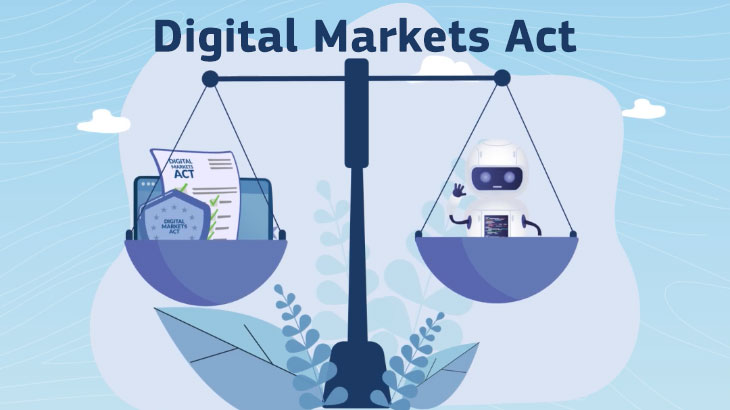
The European Commission has accused Mark Zuckerberg’s Meta of violating the EU’s new digital laws with its advertising model that charges users for ad-free versions of Facebook and Instagram.
Meta’s “Pay or Consent” Ad Model
Last year, Meta introduced a “pay or consent” model to comply with EU data privacy rules. Users can pay a monthly fee for an ad-free version of Facebook or Instagram that does not use their personal data for targeted advertising. If users do not pay, their data is used to show personalized ads.
Subscription Details
- Desktop Users: €10 (USD 10.50) per month
- iOS/Android Users: €13 (USD 13.50) per month
- Eligibility: Available to individuals aged 18 and above in the EU, EEA, and Switzerland
These prices account for the fees charged by Apple and Google according to their policies. This model was launched after the EU’s top court ruled that Meta must get user consent before showing ads under strict EU data privacy rules.
Preliminary Findings
The European Commission’s preliminary investigation reveals that Meta’s “pay or consent” model breaches the Digital Markets Act (DMA). Key issues include:
- Lack of Data Use Options: Users cannot choose a service that uses less personal data but is equivalent to the personalized ads-based service.
- Consent Issues: Users cannot freely consent to the use of their personal data for targeted ads.
The Commission states that users who do not consent should still have access to an equivalent service that uses less of their personal data for advertising.
Thierry Breton, the European Commissioner for digital policy, stated that the DMA aims to empower users to determine how their data is utilized and to ensure that innovative companies can compete fairly with tech giants regarding data access.
Meta’s Response
Meta responded, stating that their “subscription for no ads” aligns with the directives of Europe’s highest court and adheres to the DMA regulations. They expressed anticipation for a productive dialogue with the European Commission to resolve the investigation.
Next Steps
The Commission’s announcement is part of a longer process, with a final decision expected by March. If Meta is found guilty, potential penalties include:
- Fines: Up to 10% of global revenue, and up to 20% for repeat offences.
- Additional Remedies: In cases of systematic non-compliance, the Commission can mandate the sale of parts of the business or ban acquisitions related to the non-compliance.
Meta is the second company to face charges under the DMA. Recently, the Commission also charged Apple with unfair business practices related to the App Store.
